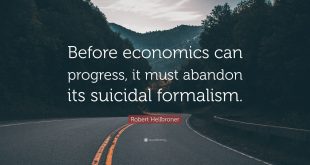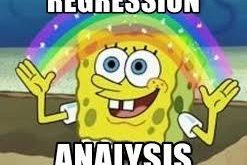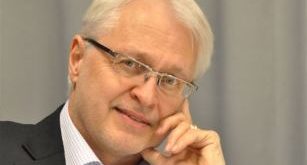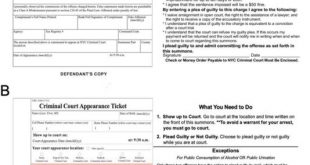The typical economics course starts with the study of how rational agents interact in frictionless markets, producing an outcome that is best for everyone. Only later does it cover those wrinkles and perversities that characterise real economic behaviour, such as anti-competitive practices or unstable financial markets. As students advance, there is a growing bias towards mathematical elegance. When the uglier real world intrudes, it only prompts the question: this is all very...
Read More »IPA’s weekly links
Guest post by Jeff Mosenkis of Innovations for Poverty Action. You can register for the big NEUDC development conference, featuring an opening address by Penny Goldberg, held Fri Nov 6 – Sat Nov 7, now all online! You can also still submit an abstract (500 word limit) for a lightning round session, deadline Monday! Cool paper comparing 150 education interventions from Noam Angrist, David Evans, Deon Filmer, Rachel Glennerster, F. Halsey Rogers and Shwetlena Sabarwal. They use a common...
Read More »What’s wrong with modern money theory (MMT): macro and political economic restraints on deficit financed fiscal policy
The essential claim of MMT is sovereign currency issuing governments, with flexible exchange rates and without foreign currency debt, are financially unconstrained. This paper analyzes the macroeconomic arguments behind that claim and shows they are suspect. MMT underestimates the economic costs and exaggerate the capabilities of deficit financed fiscal policy. Those analytic shortcomings render it […]
Read More »Interpreting regression coefficients (wonkish)
Interpreting regression coefficients (wonkish) When econometric and statistical textbooks present simple (and multiple) regression analysis for cross-sectional data, they often do it with regressions like “regress test score (y) on study hours (x)” and get the result y = constant + slope coefficient*x + error term. When speaking of increases or decreases in x in these interpretations, we have to remember that it is a question of cross-sectional data and...
Read More »What is ‘effective demand’?
Economists of all shades have generally misunderstood the theoretical structure of Keynes’s The General Theory. Quite often this is a result of misunderstanding the concept of ‘effective demand’ — one of the key theoretical innovations of The General Theory. Jesper Jespersen untangles the concept and shows how Keynes, by taking uncertainty seriously, contributed to forming an analytical alternative to the prevailing mainstream general equilibrium framework: Effective demand is...
Read More »Public debt — how much is too much?
Public debt — how much is too much? . [embedded content] Public debt is normally nothing to fear, especially if it is financed within the country itself (but even foreign loans can be beneficent for the economy if invested in the right way). Some members of society hold bonds and earn interest on them, while others pay taxes that...
Read More »Le ragioni del “No” all’euro: l’esempio della Svezia
Le ragioni del “No” all’euro: l’esempio della Svezia Per Lars Pålsson Syll l’eurozona non è mai stata in grado di mostrare significativi aumenti a livello di crescita economica dalla sua creazione, ed anzi non ha fatto che accentuare i problemi che in alcuni casi, vedi Grecia, hanno portato a dei veri e propri disastri. Uno degli argomenti portati a favore dell’euro era che, in caso di adesione, ci sarebbe stata una convergenza a lungo termine in termini di...
Read More »IPA’s weekly links
Guest post by Jeff Mosenkis of Innovations for Poverty Action I’m working on a new email newsletter, with colleagues including Rachel Strohm (who has been a well-respected dev blogger for years). IPA’s tracking studies on COVID related issues in low- and middle-income countries (along with survey instruments and funding opportunities) on our RECOVR research hub (please submit yours, and let colleagues know). Every other week we’re highlighting some new results from there and elsewhere we...
Read More »Truth and science
In my view, scientific theories are not to be considered ‘true’ or ‘false.’ In constructing such a theory, we are not trying to get at the truth, or even to approximate to it: rather, we are trying to organize our thoughts and observations in a useful manner. Robert Aumann What a handy view of science. How reassuring for all of you who have always thought that believing in the tooth fairy make you understand what happens to kids’ teeth. Now a ‘Nobel prize’ winning economist...
Read More » Heterodox
Heterodox







